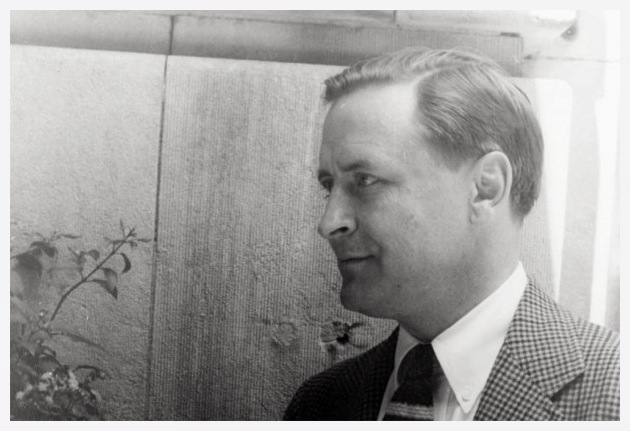“I can have little doubt that my writing has been in the main too hard for many I should have been pleased to communicate with; but I never designedly tried to puzzle people, as some of my critics have supposed. On the other hand, I never pretended to offer such literature as should be a substitute for a cigar or a game at dominoes to an idle man. So, perhaps, on the whole I get my deserts, and something over — not a crowd, but a few I value more.”
— Robert Browning, letter, 1868

